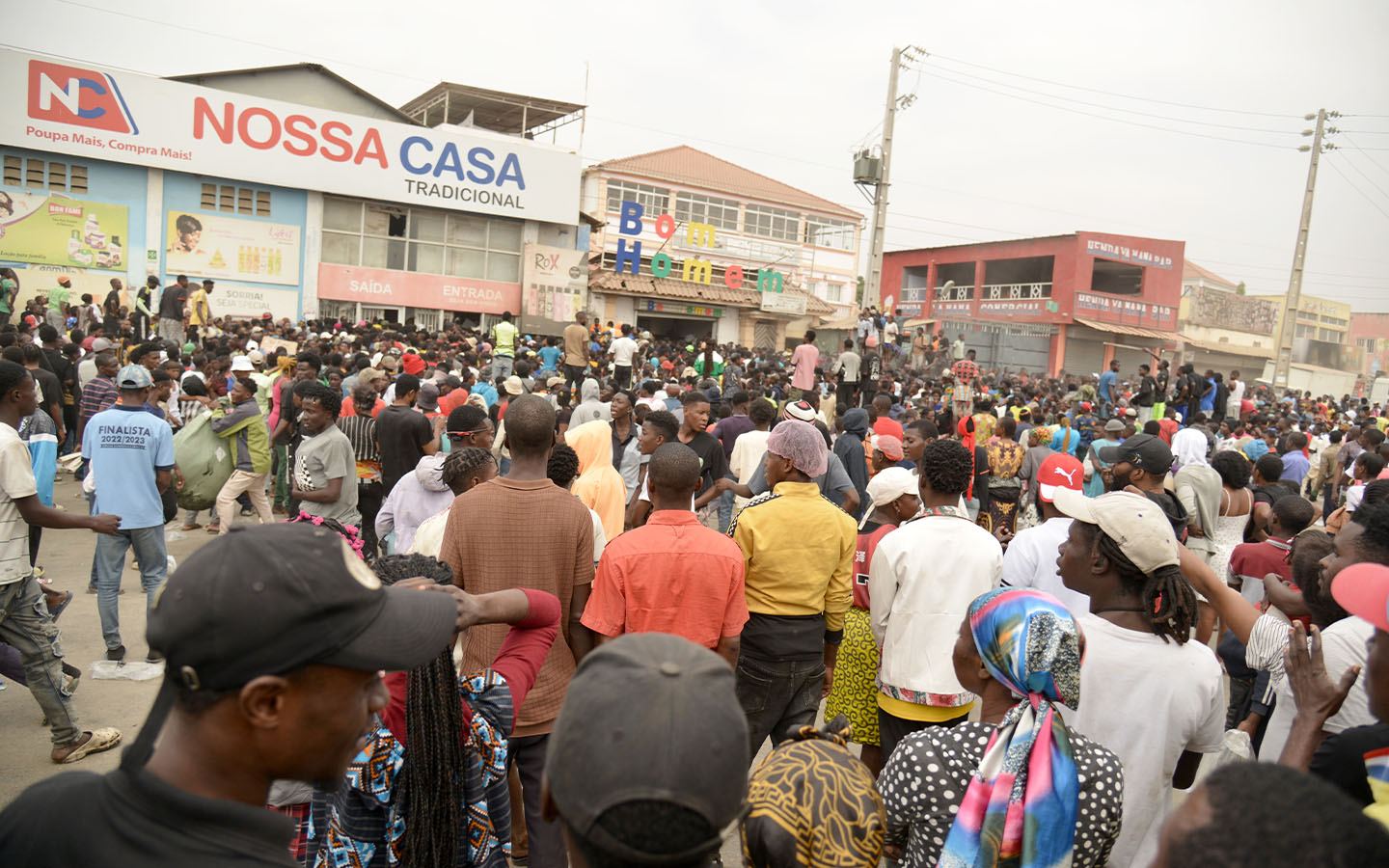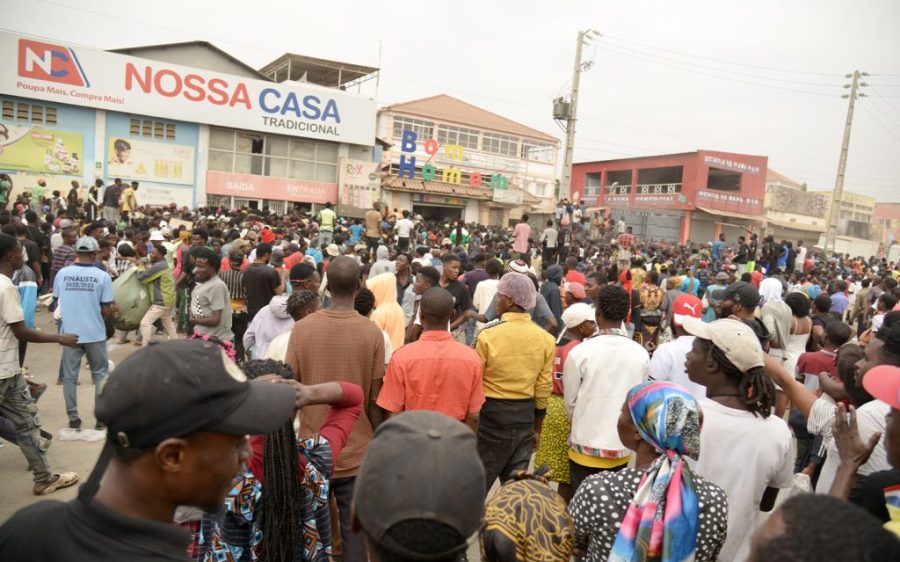Deadly riots in Angola have killed at least 30, spreading from the capital city to provinces across the country, reports local news weekly Novo Jornal.
As part of an ongoing effort to shore up public finances, the Angolan government recently reduced its heavy fuel subsidies, driving up the cost of diesel 33 percent. Minibus taxi associations launched a three-day strike on Monday, the latest in a series of protests against the price hike.
Looting, vandalism and clashes with police quickly followed, starting in Luanda before spreading to at least four other provinces. The National Police say that 118 commercial establishments have been destroyed, along with 24 public buses, more than 20 private vehicles, five defence and security vehicles, a motorcycle and an ambulance.
After grinding to a standstill for days, institutions and daily life are beginning to return to normal in affected areas of Angola, although “the trail of destruction” left by three days of rioting is “still visible.”
As of Thursday, over 1,500 people have been detained in connection with the riots, 277 are injured and at least 30 dead, up from an estimated 22 on Wednesday.
[See more: Angola is planning a significant debt issuance]
After unverified footage suggested security forces had deployed live ammunition and teargas against protestors, the Office of the UN Higher Commissioner for Human Rights called on Angolan authorities to avoid “unnecessary and disproportionate use of force” and immediately release “any individuals who may have been arbitrarily detained.”
Opposition leader Adalberto Costa Júnior called for accountability from the protestors, who looted supermarkets and set fire to cars, but also from the police and government. “A government that ignores the demands of its people and responds with arrogance and repression loses its moral authority,” he told Novo Jornal at the beginning of the unrest.
His party, UNITA, and the Democratic Bloc quickly issued a joint statement condemning the violence while expressing solidarity with the taxi drivers and a population suffering “a severe economic and social crisis” that they attribute to the administration of President João Lourenço.
Slashing subsidies, while unpopular at home, is exactly what international actors want from Lourenço’s government. Angola has been gradually removing subsidies since 2023 at the urging of the International Monetary Fund, among others.
Subsidies accounted for as much as 4 percent of GDP last year, and more than halved to an estimated 1.8 percent this year but are still contributing to fiscal pressures.






